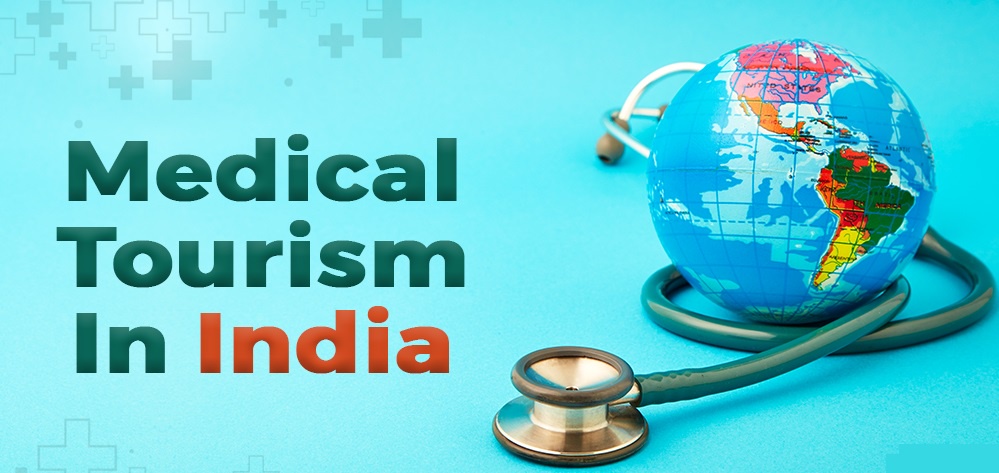Medical tourism has emerged as a significant global phenomenon, impacting both the destination countries where medical services are provided and the departure countries from where patients travel. This blog explores the known effects of medical tourism on these countries, with a specific focus on medical value travel in India.
Medical Tourism as a User of Public Resources
One of the key aspects of medical tourism is its utilization of public resources in destination countries. Hospitals catering to medical tourists often require substantial infrastructure and resources, including trained medical professionals, equipment, and facilities. This can strain the public healthcare system, leading to debates about resource allocation and equity in access to healthcare.
Medical Tourism as a Solution to Health System Problems
On the flip side, medical tourism can also be seen as a solution to health system challenges in destination countries. It brings in revenue, stimulates the healthcare industry, and encourages the development of specialized medical services. In countries like India, renowned hospitals such as Fortis La Femme have leveraged medical tourism to improve their infrastructure and offer world-class treatments.
Medical Tourism as a Revenue Generating Industry
From an economic perspective, medical tourism is a lucrative industry that generates revenue for destination countries. Patients traveling for medical purposes contribute to the local economy by spending on accommodation, transportation, and other services. This influx of foreign exchange can have positive impacts on the overall economic growth of the country.
Medical Tourism as a Standard of Care
One of the advantages of medical tourism is access to high-quality healthcare services and advanced treatments. Patients often choose to travel abroad for medical care due to superior facilities, experienced doctors, and innovative procedures offered in destination countries like India. This raises the standard of care and fosters medical innovation.
Medical Tourism as a Source of Inequity
However, medical tourism also raises concerns about equity in healthcare access. While affluent patients can afford to travel for treatment, marginalized communities may face barriers to accessing basic healthcare services. This disparity highlights the need for policies that address healthcare inequalities both domestically and globally.
Implications of the Effects of Medical Tourism
The effects of medical tourism extend beyond healthcare systems and economies. They have social, cultural, and ethical implications, influencing how healthcare is delivered and accessed. Stakeholders, including governments, healthcare providers, and patients, must navigate these complexities to ensure equitable and sustainable healthcare solutions.
In conclusion, medical tourism, including medical value travel in India, has multifaceted effects on destination and departure countries. It presents opportunities for economic growth, innovation in healthcare, and international collaboration. However, it also poses challenges related to resource allocation, equity, and ethical considerations. By understanding these effects and addressing them thoughtfully, stakeholders can harness the potential of medical tourism while mitigating its drawbacks.


No comments yet